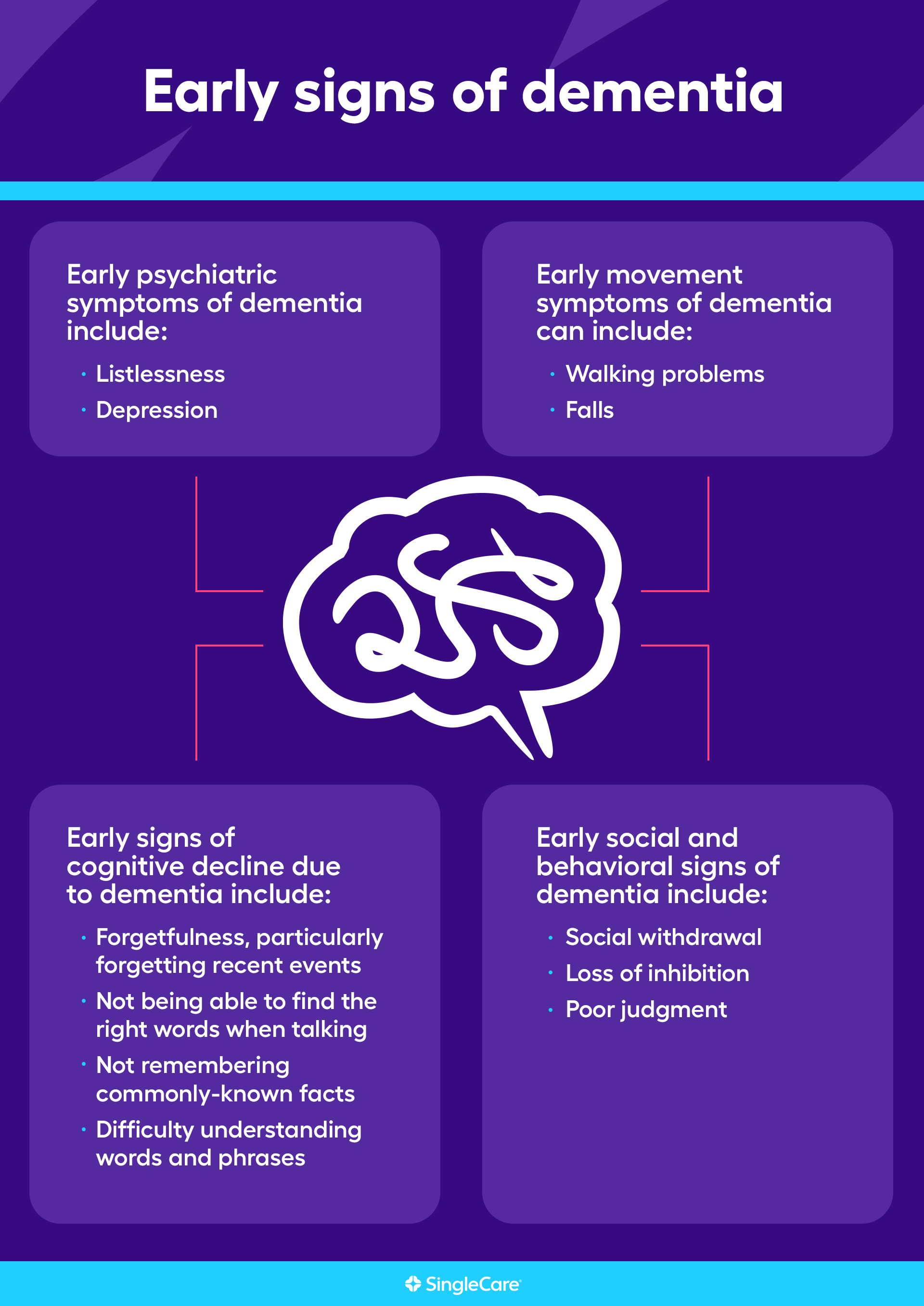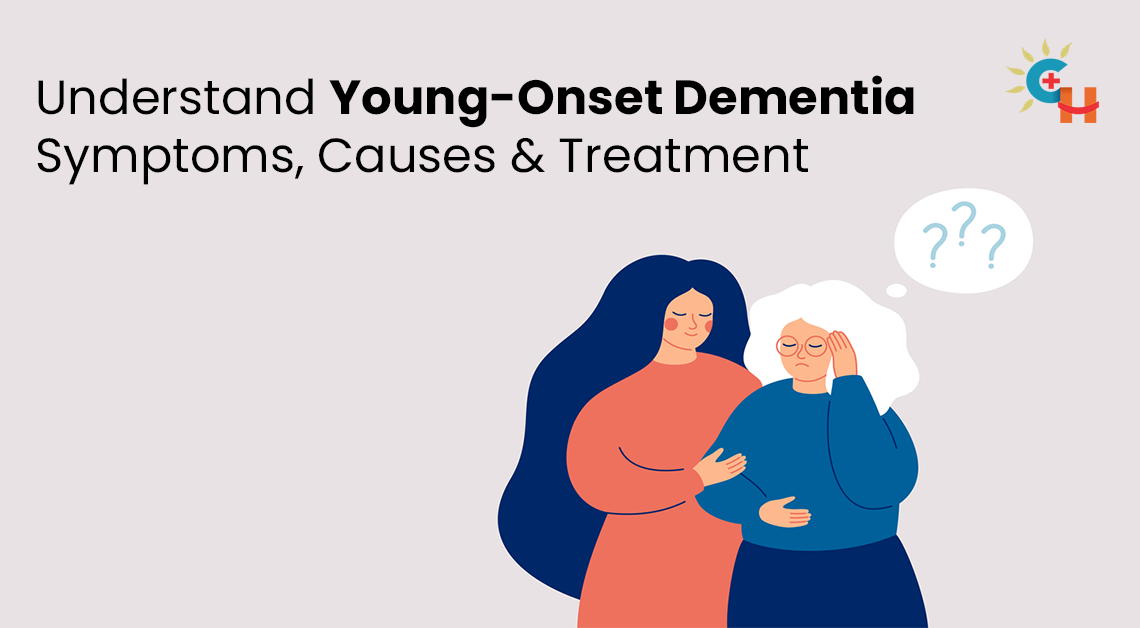Why Routine Exercise Matters for Reducing Fall Risk in Dementia Patients
Why Routine Exercise Matters for Reducing Fall Risk in Dementia Patients
Blog Article
Understanding the Influence of Mental Deterioration on Life and Caregiving
Dementia impacts day-to-day life in profound means, impacting not just those detected but likewise their caretakers. As cognitive decrease progresses, you may see changes in communication and routine that obstacle both parties.
The Stages of Dementia and Their Results on Life
As you browse the journey of dementia, recognizing its phases can noticeably impact how you handle life. Mental deterioration usually advances via 3 main stages: early, middle, and late. In the early stage, you may see periodic memory lapses or difficulty locating the right words. This can result in frustration, however acknowledging these indicators early aids you adjust your regular and seek support.
Throughout the center stage, you'll experience much more obvious cognitive decrease. Daily tasks may end up being difficult, and maintaining your independence may call for changes. Using pointers and simplifying your environment can aid.
In the late phase, individuals frequently require substantial help with everyday activities. Preparation for care becomes important, focusing on convenience and high quality of life. By comprehending these stages, you're much better furnished to respond proactively, guaranteeing you or your liked one can navigate the obstacles with dignity and poise.

Adjustments in Interaction and Social Interaction
Just how do adjustments in communication affect your day-to-day communications as mental deterioration advances? As dementia advances, you could observe that basic conversations become tough.
You might discover it simpler to connect via these methods rather than depending solely on spoken language. Paying attention skills can also change; you could discover it more difficult to follow discussions or keep in mind what was simply stated (Vascular Dementia). This can cause misunderstandings or sensations of isolation
Urging perseverance and creating a helpful environment can assist. Involving in activities that promote link, like music or art, can improve social communications. Remember, preserving partnerships is still possible; it's nearly adjusting to new ways of interacting.
Effect On Daily Routines and Activities
While navigating day-to-day regimens, you'll likely discover that jobs you once finished effortlessly become more difficult as dementia proceeds. Simple activities like food preparation, dressing, or also showering may need more effort and time. You could discover yourself forgetting actions in acquainted regimens or struggling to recall where you put items. This can bring about frustration not simply for you, however additionally for those around you.
Planning your day can feel overwhelming, making it harder to stay with a schedule. You may need tips for visits or to take medications. Adapting your atmosphere can help; as an example, labeling things or using checklists can streamline tasks. Engaging in repeated, organized tasks can additionally give convenience and a sense of accomplishment. Bear in mind, it's okay to request for assistance. Bordering yourself with supportive friends or household can make taking care of these adjustments a little bit much easier.
Behavior and psychological Challenges
Steering with day-to-day regimens can produce not simply sensible difficulties, however additionally emotional and behavioral ones. You might see adjustments in mood, such as enhanced stress and anxiety or stress, which can stem from confusion or difficulty in completing tasks. As you navigate these moments, it is vital to identify that your liked one might share their feelings via behaviors like anxiety or withdrawal.
These emotional feedbacks can be uncertain and may arise without caution, leaving you both feeling overwhelmed. You may find that acquainted atmospheres or regimens can help in reducing stress and anxiety, but preserving perseverance becomes significant. It is essential to verify their sensations, also if you don't fully comprehend them.
The Duty of Caregivers in Sustaining Individuals With Dementia
As a caregiver, you play a crucial role in offering emotional support for people with mental deterioration. Developing day-to-day treatment regimens can create a sense of stability and comfort, helping to reduce their anxiousness. By recognizing their demands and utilizing reliable techniques, you can considerably boost their lifestyle.
Emotional Assistance Techniques
When taking care of a person with dementia, comprehending the emotional landscape is necessary for supplying effective assistance. You'll often find that perseverance and compassion go a long means. Verify their feelings; if they reveal confusion or aggravation, acknowledge it without dismissing their emotions. Easy gestures, like holding their hand or keeping eye call, can develop a feeling of safety and security. Attempt to participate in activities that they take pleasure in, as this can trigger pleasure and connection. Remember to interact clearly and gradually, making use of a calm tone. Motivate expression via music or art, which can serve as an effective outlet. Inevitably, do not fail to remember to care for your own emotional demands; looking for support for on your own can improve your capability to look after them.
Daily Care Routines
Establishing day-to-day care regimens is necessary for providing security and convenience to individuals with mental deterioration, as these routines can assist lower confusion and anxiousness. You can start by detailing a constant timetable for meals, tasks, and remainder. This predictability helps your liked one really feel more protected and involved.
Include familiar tasks, like folding washing or watering plants, which can stimulate positive memories and foster a feeling of success. Usage visual hints, such as lists or calendars, to direct them with the day.
Be adaptable, though; adjust routines as needed based on their mood or power degrees. Vascular Dementia. Bear in mind, your patience and understanding are essential in navigating their transforming requirements, ensuring they really feel sustained and valued throughout their every day life
Producing a Safe and Comfy Living Environment
Developing a risk-free and comfortable living environment is crucial for individuals with mental deterioration. You'll intend to make home safety and security alterations that lower threats and assure familiarity to provide a sense of convenience. By concentrating on these elements, you can help create a room that sustains both safety and security and health.
Home Safety And Security Alterations
As you browse the difficulties of dementia, making home security modifications can considerably improve comfort and security. Start by getting rid of tripping threats like carpets and mess, ensuring pathways are clear. Install grab bars in bathrooms and non-slip floor coverings in the shower to avoid drops. Think about making use of brighter illumination and evening lights to boost exposure, especially throughout nighttime. Tag essential locations, such as the bathroom and kitchen, with clear indications to aid with alignment. Safeguard any type of sharp things or toxic compounds out of reach. Additionally, analyze your home's alarms and locks to validate they're easy to use and provide satisfaction. These adjustments not just promote safety however also urge independence, permitting your loved one to really feel more at convenience in their atmosphere.
Comfort and Knowledge
After guaranteeing a safe atmosphere with essential adjustments, fostering convenience and find more information familiarity is crucial for individuals with mental deterioration. Beginning by personalizing their area. Usage acquainted colors, decorations, and photos that stimulate satisfied memories. A favorite blanket or chair can offer a complacency. Keep a consistent routine to help them feel grounded and minimize anxiousness. Straightforward, familiar meals can likewise produce a calming atmosphere. Keep paths clear and clutter-free to prevent confusion. Integrate soft illumination, as brilliant lights can be disorienting. Think about including calming fragrances, like lavender, to advertise leisure. Taking part in familiar activities, such as listening to music or horticulture, can enhance their feeling of belonging, making their living setting a real refuge.
Methods for Efficient Caregiving and Support
While steering the difficulties of dementia treatment can feel frustrating, carrying out efficient strategies can greatly boost both the caregiver's and the patient's day-to-day experience. Begin by establishing a regimen; predictability helps in reducing stress and anxiety for both you and your loved one. Usage clear, easy interaction-- direct inquiries and short sentences can protect against confusion.

Do not fail to remember to care for yourself; schedule breaks and get in touch with assistance teams. Sharing experiences with others in similar circumstances can provide valuable understandings and psychological relief.
Lastly, remain person and adaptable. Dementia can bring unpredictable changes, so adjusting your technique is necessary. By utilizing these strategies, you can cultivate an extra favorable atmosphere that benefits both you and your enjoyed one.
Often Asked Questions

What Are the Different Kinds Of Dementia?
You'll discover numerous kinds of mental deterioration, consisting of Alzheimer's, vascular mental deterioration, Lewy body mental deterioration, and frontotemporal mental deterioration. Each type affects memory and cognitive function differently, so understanding the distinctions is important for proper diagnosis and treatment.
Just How Can I Aid A Person With Early-Stage Mental Deterioration?
You can assist someone with early-stage dementia by holding your horses, offering assistance, and urging them to take part in activities they enjoy. Maintaining regimens constant and maintaining open interaction can additionally make a considerable difference in their every day life.
Exist Financial Resources Available for Dementia Treatment?
Yes, there are economic resources readily available for mental deterioration treatment. You can discover government help programs, not-for-profit companies, and insurance coverage choices. It's additionally important to get in touch with regional agencies for details resources tailored to your scenario.
What Legal Factors To Consider Should Caregivers Recognize?
As a caregiver, you must think about power of lawyer, health care proxies, and guardianship laws. It's important to comprehend the lawful rights and duties you hold, guaranteeing your loved one gets appropriate treatment and protection.
Just How Can I Deal With Caretaker Anxiety?
You can cope with caretaker stress by focusing on self-care, seeking assistance from teams or friends, establishing reasonable assumptions, taking breaks, and exercising relaxation strategies. Keep in mind, your health matters just as high this hyperlink as the person you're caring for.
Understanding the Influence of Dementia on Daily Life and Caregiving.
As you navigate the journey of dementia, understanding its phases can substantially impact how you handle day-to-day life.While maneuvering everyday regimens, you'll likely notice that tasks you as soon as completed effortlessly ended up being more difficult as mental deterioration proceeds.Establishing everyday treatment routines is vital for giving stability and anonymous comfort to individuals with mental deterioration, as these regimens can help decrease complication and anxiousness.While maneuvering the difficulties of mental deterioration care can really feel frustrating, implementing effective methods can substantially improve both the caregiver's and the person's daily experience.
Report this page